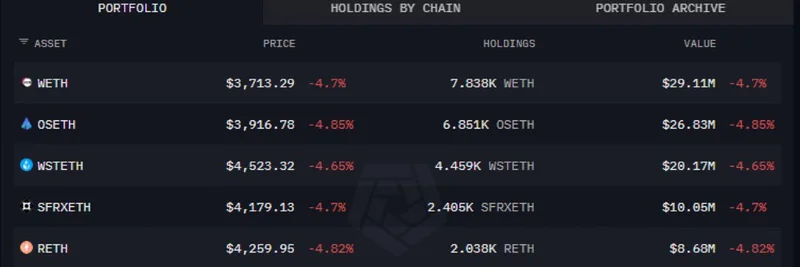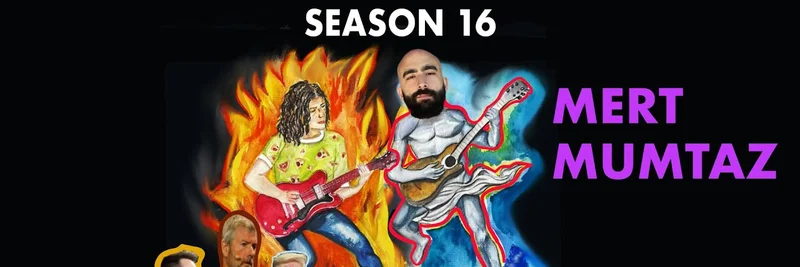StarkWare, the innovative force behind Starknet, recently shared a captivating replay of an interview with their CEO, Eli Ben Sasson, on The Rollup podcast. In this discussion, Ben Sasson dives into key topics that are buzzing in the crypto world, especially for those interested in meme tokens and blockchain advancements.
Ben Sasson, a veteran in the crypto space with over a decade of experience, including co-founding Zcash, emphasizes the return to crypto's core fundamentals. He argues that while speculation drives much
- Next, let's consider using the video thumbnail as a cover image for the article.
of the current hype, the real value lies in building decentralized systems for everyday use, like payments and asset management. For meme coin enthusiasts, this means platforms like Starknet could offer more stable and scalable environments where fun, viral tokens can thrive without the volatility pitfalls.
One highlight is Starknet's edge over other Layer 2 (L2) solutions on Ethereum. L2s are essentially add-ons that help scale blockchains by handling transactions off the main chain, reducing fees and speeding things up. Starknet uses zero-knowledge (ZK) proofs, a tech that verifies transactions without revealing details, making it faster and more secure. Ben Sasson points out that Starknet has been battle-tested longer than most, with recent upgrades decentralizing its sequencing process—basically, how transactions are ordered and processed. This decentralization ensures no single point of failure, which is crucial for meme coin traders who need reliable, low-cost swaps during hype cycles.
A major announcement teased in the interview is Starknet's Bitcoin staking launch, set for the end of September 2025. Staking involves locking up coins to support the network and earn rewards, but on Bitcoin, which traditionally doesn't support staking like Ethereum does. Through Starknet, users can stake Bitcoin in a decentralized way, potentially unlocking DeFi (decentralized finance) opportunities on the world's oldest blockchain. Imagine meme coins built on Bitcoin's security but with Starknet's speed—DeFi on Bitcoin could mean lending, borrowing, or yield farming with BTC, opening new avenues for meme token integrations and cross-chain fun.
Privacy is another big theme. Ben Sasson, drawing from his Zcash roots, stresses that true privacy shouldn't complicate user experience. On Starknet, features like account abstraction allow seamless private transactions—think shielding your meme coin buys from prying eyes without extra steps. As institutions enter the space, privacy becomes even more vital to protect against surveillance while keeping the playful spirit of memes alive.
Finally, Ben Sasson underscores crypto's ethos: decentralization, self-custody, and freedom from intermediaries. He predicts that while institutional hype around stablecoins and corporate chains is a phase, the endgame is fully decentralized systems like Starknet. For meme tokens, this could mean a shift from pump-and-dump schemes to sustainable, community-driven projects on robust L2s.
If you're into meme coins, keep an eye on Starknet—projects like StarkPEPE and frameworks for "unruggable" memes are already emerging. With Bitcoin staking on the horizon, it might just become the next hotspot for viral token launches.
For the full replay, check out the original tweet. Stay tuned for more updates as Starknet pushes the boundaries of what's possible in blockchain.




